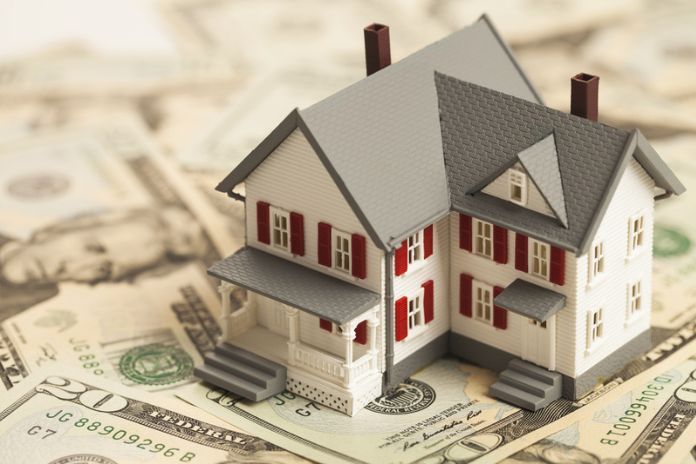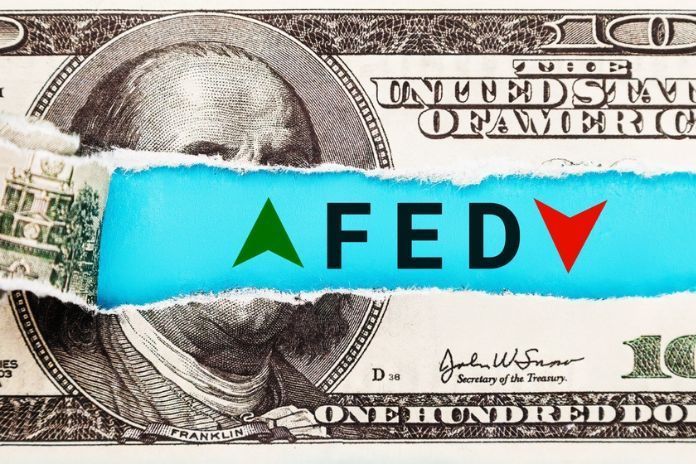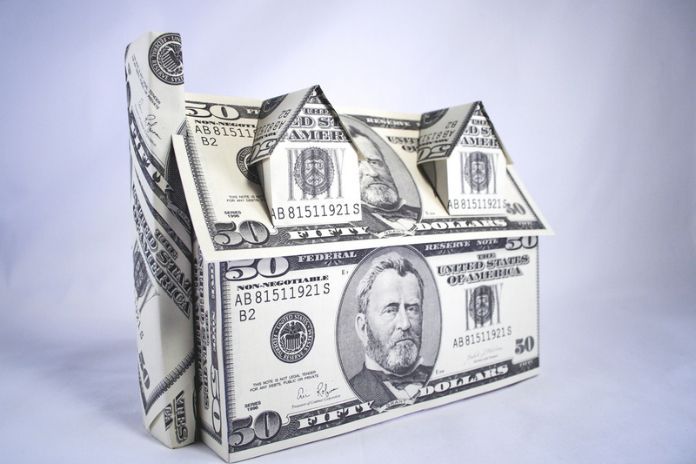Should People Buy a Home Now or Later? Factors to Consider in 2024
(MoneyforAgents.com) – Many would-be homeowners have been seeking more ideal circumstances this year. Despite rising home prices annually and persistently high mortgage rates, 2023 hasn't been a great year to buy a property.
Inflation was out of control at the beginning of this year, so the Federal Reserve quickly raised interest rates. At the same time, prices increased in many national markets due to a scarcity of available properties.
But with a new year quickly approaching, everyone's primary concern is whether or not homebuyers will have better circumstances in 2024. If so, should I wait to buy, or is it appropriate to buy now, given the more advantageous conditions?
The significance of the matter increased when the Federal Reserve revised its forecasts to include three interest rate reductions in 2019, yet kept interest rates constant this week.
The decision, which was widely anticipated, ended the central bank's 11-month cycle of interest rate increases that began in March 2022. Even the odds of a rate reduction starting in May are priced into the markets, while other economists believe they may happen sooner.
When deciding if this is the ideal moment to purchase a home, there is never a one-size-fits-all solution. It's a significant choice unique to you and your financial situation.
Additionally, it is impossible to forecast precisely what the market will do shortly. Still, there are a few things to consider to figure out what relocation could be best for you in 2024.
Purchase Now If You Can Afford It And Need To Move
It may be a new employment opportunity, a shift in your family's dynamic, the excessive expense of your existing home, or a lease that is about to expire. Regardless of the necessity, you must decide whether to buy a new home or find a new rental.
While renting is always an option, buying today is usually preferable to waiting for people to be ready financially to become homeowners.
Purchasing now will guarantee you a place to live and start amassing equity. In addition, you can benefit from other homeownership advantages when you own a home, such as tax deductions for mortgage interest, property taxes, and other costs associated with home repairs.
Buy Now: You're Not Afraid of a High Interest Rate
Undoubtedly, the current state of mortgage rates is excessive, particularly for those who have become accustomed to the record-low rates of the previous 15 years. But historically, mortgage rates haven't typically been between 3% and 4%. Freddie Mac data shows that, except for the years after the Great Recession, rates have been at or above 6% every decade since the company began monitoring changes in mortgage rates in 1971.
Purchasing now is better if you can keep your monthly expenses at today's rates while purchasing. If interest rates fall in the future, you can always refinance to ensure a cheaper monthly payment.
According to current data, experts anticipate that rates will be in the mid-sixes by the fourth quarter of 2024, says Jeff Ocasio, a Fairway Independent Mortgage Corp. loan officer in Tampa, Florida.
Because markets, valuations, and rates constantly shift, it's imperative to seize the moment. It's the ideal moment to move if you can qualify and are renting."
Just be careful not to make any mistakes that could hinder your refinancing strategy when rates drop, maintain employment, and maintain a high credit score.
Purchase Today If You Want to Live in the House for a Long Time
If you are uncertain where to buy a property, renting is a great alternative. This could be the case if you have recently moved to a new city and are unsure of your long-term living arrangements, if you are considering a new job that may require you to relocate again, or if you anticipate significant changes in your family situation in the next year or two.
Renting allows you more flexibility in these situations.
However, purchasing now is unquestionably the best option for individuals who are not planning to move very soon. If you're ready financially, now is the perfect moment to buy, according to realtor Steavy Carter of Rogers Healy and Associates in the Dallas-Forth Worth, Texas, area.
"The appreciation rate in the greater Dallas market over the last 10 years has averaged between 7% and 8.5% year over year," Carter states. That implies the value of a $500K home bought in 2014 has almost doubled. The longer you wait, the more the house you inherit now will cost you if housing appreciation keeps up."
Assuming prices stay high, you're accumulating equity with every mortgage payment. Since you want to remain in the house for an extended period, you won't be as concerned if prices decline.
This keeps you in a solid financial position and gives you more time for prices to rise when the time comes to sell. You have a foot in the door to develop equity, rather than walking out of a rental house with nothing.
You Can't Afford a Median-Priced Home at Today's Rates, So Hold Off on Buying
Buying a property is a more costly undertaking than renting one. A down payment and closing charges require more than just a sizable sum of money; owning a property sometimes entails additional expenses than renting.
Except in a few niche markets, renting is less expensive than buying a house. Even in housing markets that are seen as affordable, this is true.
Consider Cincinnati, where the U.S. News Housing Market Index indicates that the median home price was $271,000 in September.
A 30-year fixed-rate mortgage on $217,000 would require a down payment of up to $54,000 plus closing fees.
Your monthly payment, excluding taxes and insurance, would be $1,442 based on this rate. Cincinnati, on the other hand, has a median rent of slightly over $1,500.
It's also a more economical financial choice because, as a renter, you aren't responsible for additional maintenance bills, property taxes, or insurance.
Waiting to buy is the wisest course of action if your income and budget are too tight to handle the mortgage payment plus the ongoing costs of living in your house.
Hold off on Buying Since You Can't Find the Ideal House
The number of homes available is gradually rising. As of October 2023, Redfin's most recent data indicates a three-month supply of available properties. Although it is still an undersupplied market, this is a positive step after the pandemic-induced housing frenzy, when the supply of homes was reduced to less than one month.
A market that is in equilibrium is thought to exist for about six months. Many buyers find it challenging to locate a property that suits their criteria at a price they can afford due to a shortage of inventory. Suppose the supply shortage in your neighborhood makes it difficult for you to find the ideal home.
In that case, you should hold off until the market's inventory returns.
"There's a chance housing inventory and demand will increase as interest rates drop," Carter asserts. Many homeowners feel trapped waiting for a more affordable moment to reenter the market since they had a mortgage when rates were as low as 2% or 4%.
They might decide to repurchase a house when rates drop, which would help the inventory rise.
Hold Off on Buying Since You Can't Afford the Current Rates or Prices
It's best to put off buying if your present employment, debt-to-income ratios, amount of outstanding debt, or the typical property price in your area at the current rate make it impossible for you to get accepted for a mortgage.
"As you wait, concentrate on making financial arrangements. Reduce your debt and improve your credit score by taking action. Carter states, "You never want to get into financial trouble when buying a home."
Sometimes, waiting is preferable, particularly if mortgage rates decline as currently anticipated. But remember that no expert can predict what will happen in the housing market in the upcoming year because nobody has a crystal ball.
Contrary to many experts' predictions, property values increased in 2023. The Housing Market Index indicates a 2.2% annual increase in U.S. home prices.
In 2023, many analysts also expected mortgage rates would go down, but they went up.
Timing the market ideally shouldn't be the aim. Your time to select the ideal house, your financial situation, and your personal demands should all be considered while making this choice.
Copyright 2023. MoneyforAgents.com
Money for Agents lets you stop guessing when you get paid and take control of your cash flow. Create an account now and get your commission advance within 2 days or less (often the same day)!










